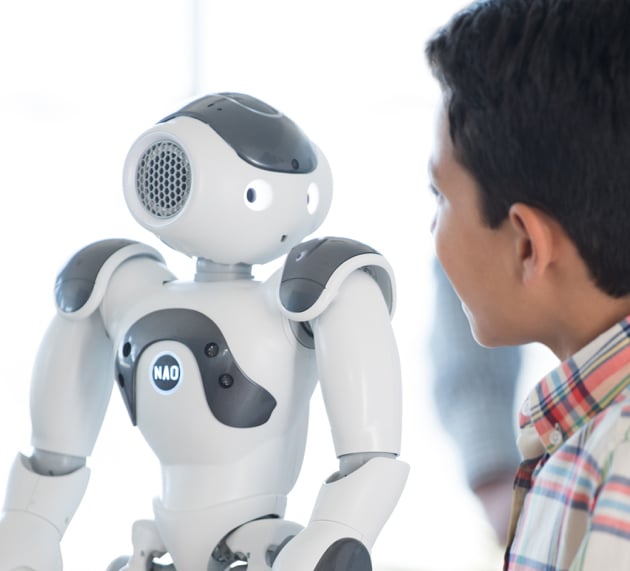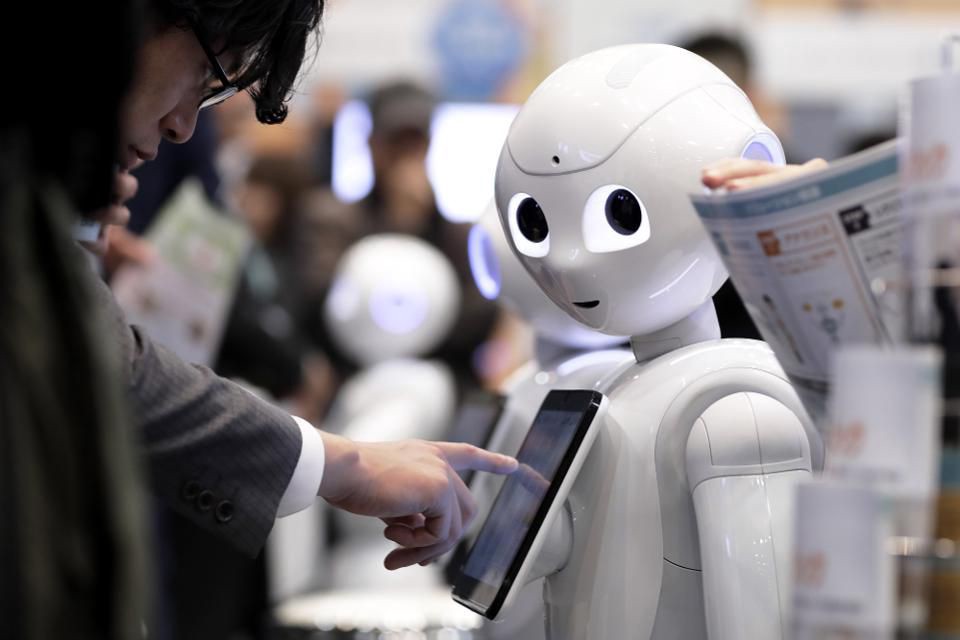For many students, math and science have always been boring subjects, too bogged down with technical details to ever be fun or exciting. Teachers have long tried a variety of strategies to get students excited about STEM. It turns out, one of the best ways to get kids pumped about STEM is through the use of robots.

Robots are naturally fun and exciting for kids. When they think of robotics, they might think of their favorite cartoons or superheroes. Learning how they can actually build and use robots is a great way to incorporate STEM into the curriculum without losing students’ interest.
The use of robotics is on the rise in today’s world, and allowing students to play with robots and learn how they work can have huge benefits for them. Not only does it give them a head start in subjects like computer programming, math, and science, it can also spark an interest in careers students may have never considered before.
Robots teach more than tech skills
Robots are most often associated with technology and other STEM-related fields. However, playing with robots has educational benefits beyond simply learning to build and program the bots themselves. Robots can be used to develop problem-solving skills, get students working cooperatively, and more.
One of the most popular uses for robots is in problem-based learning. In this learning model, students are presented with a problem they must solve. Instead of following a teacher’s directions, students work out their own solutions to the problem. This inspires creativity, critical thinking, and cooperation—all important 21st century skills.
Placing a robot in front of a group of students and asking them to get the robot to complete a task (like going across the room to pick up a pencil) is a perfect example of problem-based learning. Students will be excited by the opportunity to play with a robot and won’t think about the fact that they’re learning.
Robots help students with disabilities
Robots aren’t just for tech-savvy students who need a challenge. Playing (and learning) with robots can have additional benefits for students with disabilities. Students with autism, in particular, can be very responsive to robots.
Autism is a disorder that affects a person’s ability to socialize with others. Autistic children often have a difficult time interacting with peers or adults, reading other people’s expressions, and understanding social cues.
Students with autism who may shy away from interaction with a human being are more likely to open up to a robot, and the risk of failure or embarrassment in front of the robot is much lower. Robots can provide a way for students with autism to practice social skills without the pressure of interacting with a real person. Research into this possibility has already begun.
What kind of robots can kids use?
There are a wide variety of robots available for classroom use. The robots can be programmed using a computer or tablet and a simplified programming app. This introduces the basics of programming and robotics to younger students who might then choose to study further in high school and college.
Researchers at Harvard University have also ventured into the world of robots for kids. In 2014, they began testing a low-cost robot that can easily be programmed using an app and a simple programming language. At the low price of $10, robots like this one could be used by any school to get kids excited about programming.
Robots are only going to become a bigger part of everyday life in the future. Using robots in the classroom is a proven way to get kids excited and increase learning. How do you envision robotics being used in the classrooms of the future? Let us know!

Discover more about Robots with RobotLAB!
Check our products page and start your robotics lessons with RobotLAB and our learning Platform EngageK12!



